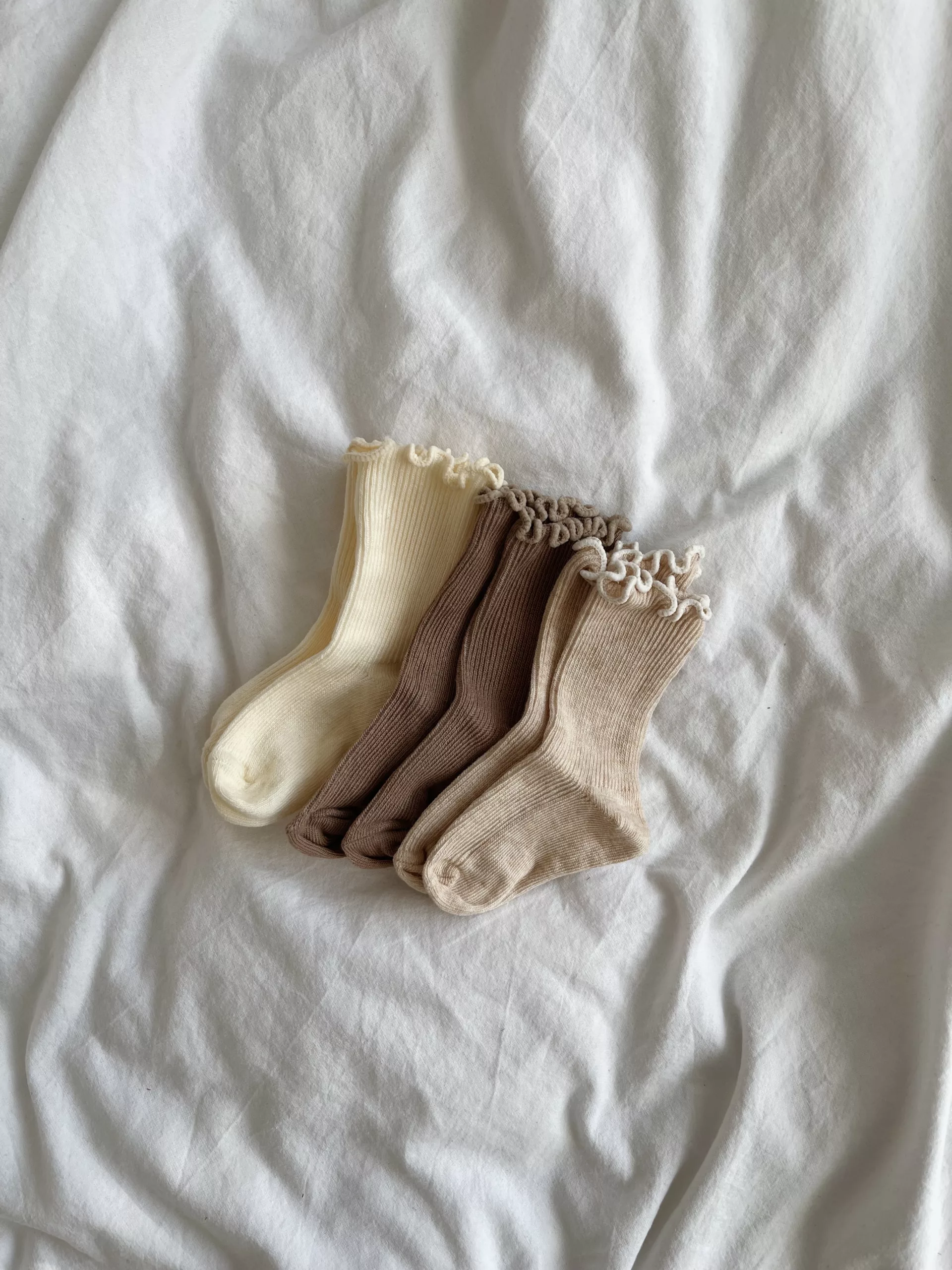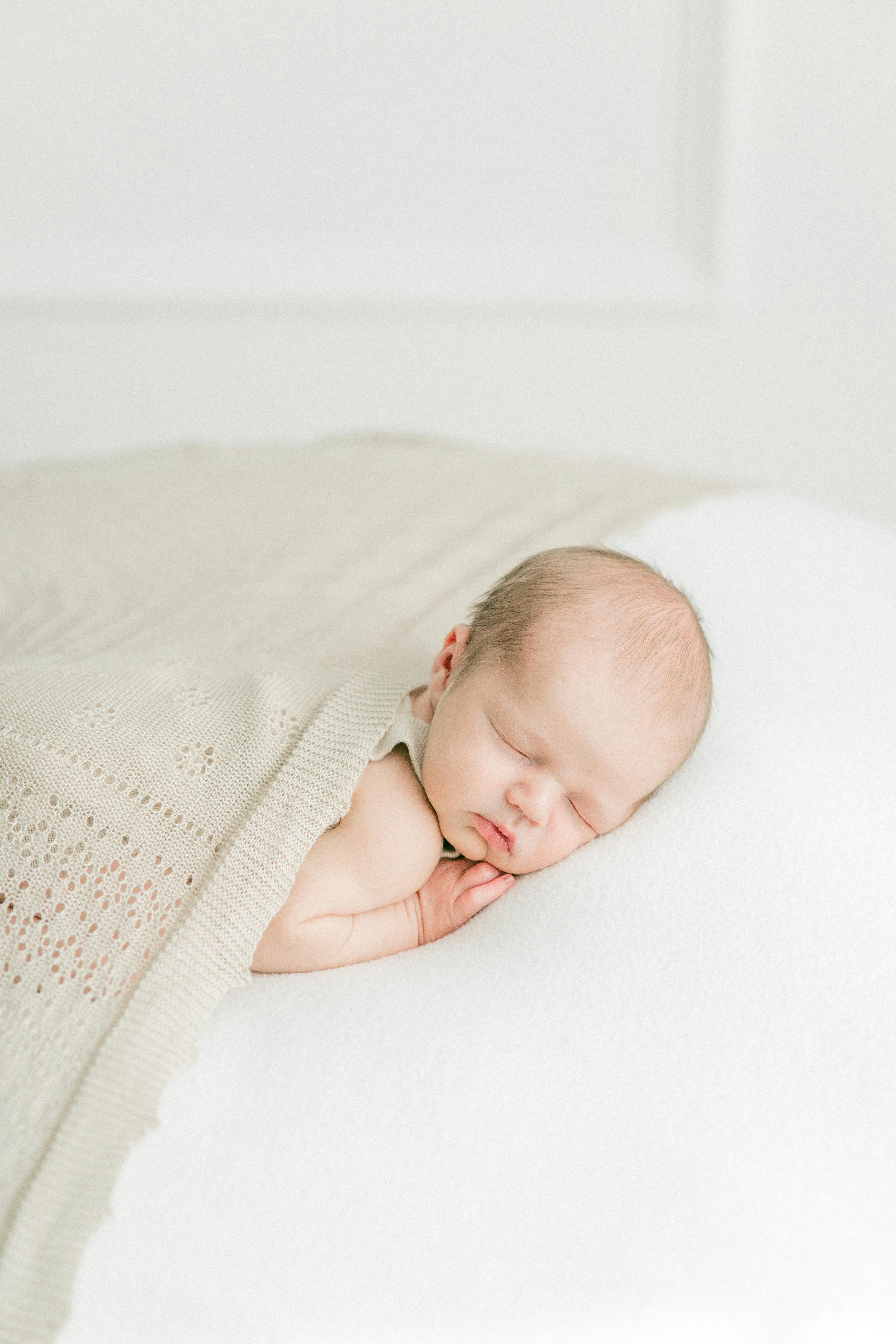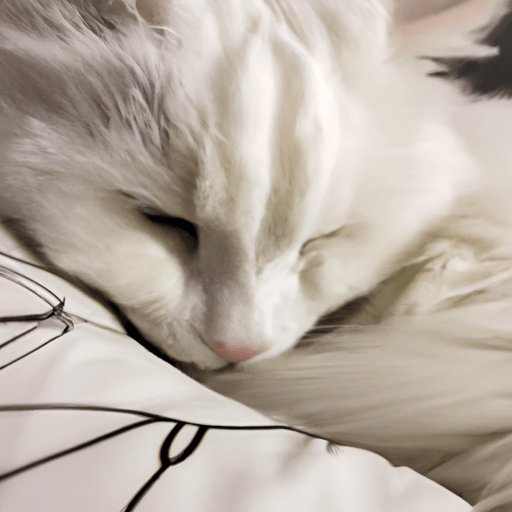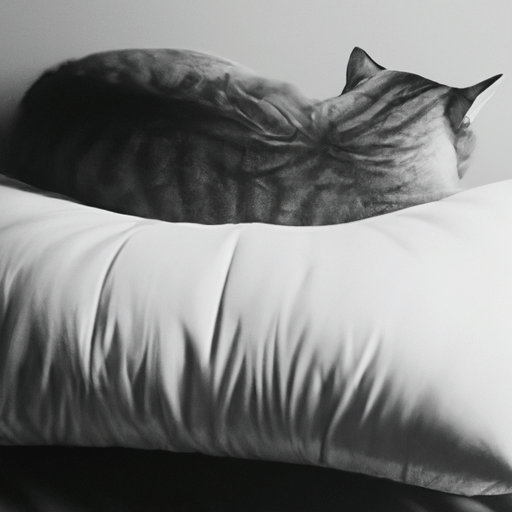Have you ever wondered why your furry feline companion insists on curling up on your pillow whenever you’re not using it? Well, you’re not alone. Many cat owners find themselves perplexed by this curious behavior. In this article, we’ll explore some fascinating reasons behind why cats choose to snooze on their owners’ pillows. From seeking comfort and security to bonding with their beloved humans, these pint-sized predators have some pretty paw-some motives for claiming your pillow as their own. So, let’s dive into the intriguing world of cats and their pillow preferences!

Understanding Cat Behavior
Overview of feline instincts and patterns
As a cat owner, it’s important to understand the behavior of your feline friend. Cats are fascinating creatures with a rich history that influences their behavior today. These instincts and patterns have been honed over thousands of years, making cats unique and intriguing companions.
How cats’ ancient heritage influences their behavior today
Cats have retained many of their instincts from their ancient ancestors. They are natural-born predators, with a keen sense of hunting and survival. This instinct drives their behavior, even in domestic settings. Additionally, cats are territorial creatures, seeking control and dominance within their environment. This territorial nature can impact their interactions and preferences within your home.
Importance of Smell to Cats
Cats’ strong sense of smell
Cats are renowned for their highly developed sense of smell. Their noses are far more sensitive than ours, allowing them to detect scents that are imperceptible to humans. This heightened sense of smell plays a crucial role in their perception of the world and their interactions with their surroundings.
Cats’ territorial nature and marking with scent
One way cats utilize their sense of smell is through marking their territory. Cats have scent glands located on various parts of their bodies, which they use to leave their mark. By rubbing against objects, they deposit pheromones that signal ownership and create a familiar scent within their territory. This territorial instinct is a significant factor in their behavior, especially when it comes to their choice of sleeping spots.
Owners’ Pillows Carry a Strong Human Scent
How cats associate owners’ scent with safety and familiarity
For cats, their owner’s scent is intimately tied to feelings of safety and familiarity. Your scent provides them with comfort and reassurance, making your presence calming and soothing. This association is especially strong when it comes to your pillow, as it is an item that absorbs your scent more than any other object in your home.
Ways in which pillows retain human scent
Pillows retain human scent in several ways. Firstly, when we sleep, we naturally shed skin cells, sweat, and oils, which become embedded in the fabric of our pillows. These substances carry our unique scent, which cats can detect and associate with us. Secondly, as we rest our heads on our pillows night after night, our hair and body odor are transferred onto the pillowcase, further enhancing the scent that cats find so comforting.
Concept of Territory in Cats
Cats’ desire for dominance and control within their territory
Cats have a strong desire for dominance and control within their territory. This means that they have a need to establish and maintain a sense of ownership over their surroundings. While humans may view their homes as shared spaces, cats perceive it as their domain, and they strive to exert control over every nook and cranny.
The bedroom as significant territory for cats
Among the various areas in your home, the bedroom holds particular significance for feline territorial instincts. Cats view the bedroom as an extension of their territory, an intimate and safe space where they can relax and feel secure. This is why you may often find your cat gravitating towards your pillow, as it represents a prime location within their territory.

Comfort and Warmth
Cats seek out cozy places
Cats are notorious for seeking out cozy places to rest and sleep. They have a natural inclination towards warmth and comfort, which they have inherited from their ancestors’ wild instincts. In the wild, cats would seek shelter in snug spots to conserve body heat and protect themselves from predators. This preference for coziness carries over to domesticated cats, making soft and comfortable areas irresistible to them.
Pillows offer softness and body heat from their owners
Your pillow, with its plushness and body heat, provides the ultimate comfort for your cat. By snuggling up on your pillow, they not only enjoy the softness, but they also bask in the warmth that you have left behind. This combination of comfort and familiar scent makes your pillow an irresistible spot for your feline friend to relax and find solace.
Companionship and Affection
Evidences of cats’ emotional bond with their owners
Contrary to popular belief, cats can form deep emotional bonds with their owners. They may not express their affection in the same way as dogs do, but there are numerous subtle signs that demonstrate their attachment. From following you around the house to gently kneading, purring, and rubbing against you, these actions are clear indications of their fondness and desire for companionship.
How cats show affection through close contact
One of the ways cats show their affection is through close physical contact. Sleeping on your pillow allows them to be in close proximity to you, providing a sense of security and a strong emotional connection. By sharing this space with you, your cat is reinforcing the bond between you and affirming their trust in you as their beloved human.

Protective and Guarding Behavior
How cats demonstrate a protective instinct
Cats have a natural protective instinct that stems from their roots as hunters. They are keen observers of their surroundings, always on the lookout for potential threats. This instinct extends to their owners, whom they perceive as part of their family and territory. Your cat’s protective behavior may manifest in various ways, including staying close to you while you sleep.
The role of guarding in a cat’s sleeping position
When your cat chooses to sleep on your pillow, they are instinctively guarding and protecting you during your vulnerable moments of sleep. By positioning themselves on or near your head, they are ready to alert you of any potential dangers, ensuring that you are safe and sound. This behavior is a testament to the bond and trust they have formed with you.
The Night-time Hunting Instinct
Cats as nocturnal creatures
Cats are natural-born hunters, and their predatory instincts are deeply ingrained in their DNA. These instincts are particularly active during the nighttime hours when cats are most alert and ready to pounce on unsuspecting prey. Although domestication has somewhat modified their hunting patterns, the drive to hunt and explore remains strong within them.
Why cats prefer to stay close to owners during the night
When cats choose to sleep on your pillow at night, it is partly due to their instinctual desire to be near their hunting partner. Historically, cats have partnered with humans during nighttime hunts, benefiting from the shared resources and protection humans provided. Subconsciously, your cat seeks the comfort and safety of your presence, much like the teamwork they experienced in the wild.
Health Implications for Humans
Potential effects of sharing pillows with cats on human health
While sharing a pillow with your beloved feline companion can be a heartwarming experience, it is essential to consider the potential health implications. Cats can carry allergens, including dander and dust mites, which may trigger allergies or respiratory issues in susceptible individuals. Additionally, some cats might carry parasites such as fleas or ticks, which could be transferred from their fur to your pillow and potentially affect human health.
How owners mitigate health risks
To mitigate health risks associated with sharing pillows, it’s crucial to maintain good hygiene practices. Regularly washing and changing pillowcases, vacuuming your bedroom, and grooming your cat regularly can help reduce allergens and prevent the spread of parasites. If allergies or respiratory issues become a concern, it may be advisable to create separate sleeping areas for you and your cat to minimize exposure.
How to Manage this Behavior
Strategies for discouraging cats from sleeping on pillows
If you find it necessary to discourage your cat from sleeping on your pillow, several strategies can be employed. One approach is to create an alternative sleeping spot specifically designed for your cat, such as a cozy bed or a soft blanket positioned nearby. Providing enticing distractions, such as engaging toys or treats, can also redirect your cat’s attention and encourage them to rest elsewhere.
Creating alternative comfortable sleeping spots for cats
To ensure your cat’s comfort and satisfaction, create alternative sleeping spots throughout your home. Consider providing elevated perches, cozy cat beds, or even a dedicated room with comfortable bedding. These spaces should be warm, quiet, and free from disturbances, allowing your cat to feel secure and content. By offering appealing alternatives, you can steer your feline friend away from your pillow while still providing them with a comfortable and inviting sleeping environment.
Understanding your cat’s behavior and needs is the key to nurturing a harmonious and fulfilling relationship. While it may be a delight to have your cat snuggle up on your pillow, it’s important to strike a balance between their natural instincts and your personal boundaries. By implementing proper management techniques and creating suitable alternatives, you can create a peaceful coexistence that allows both you and your cat to enjoy restful nights and a deepened bond.

